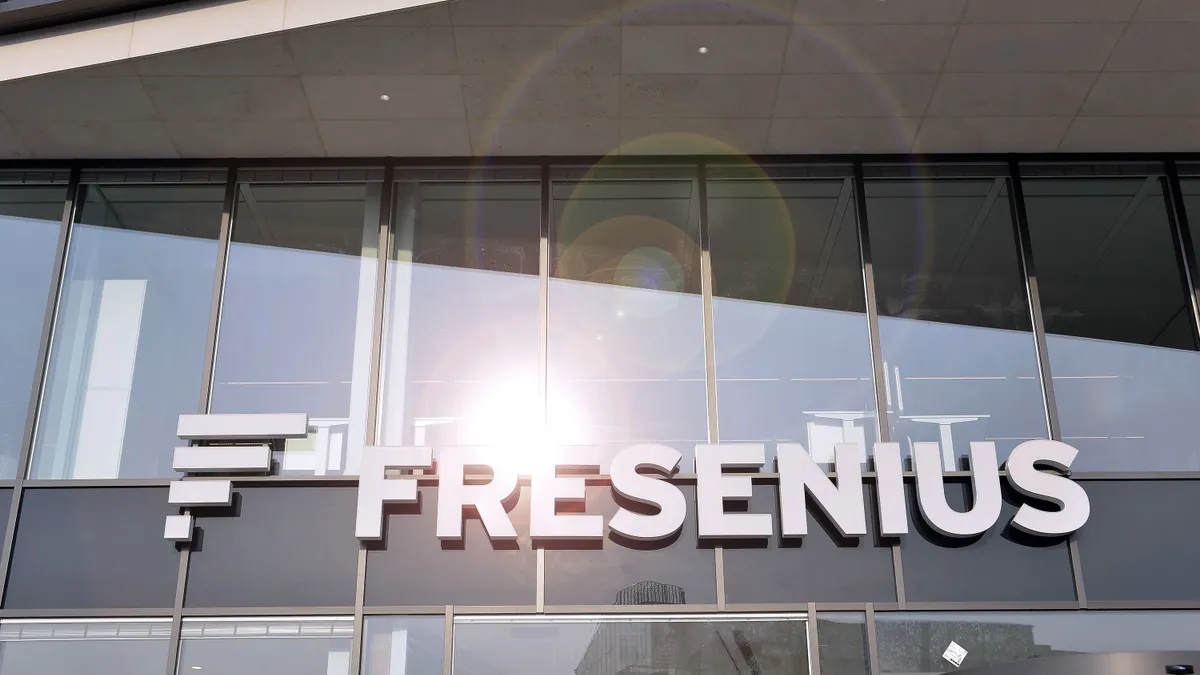Dive Brief:
- The U.S. Food and Drug Administration (FDA) has issued a Class I recall notice about the Ivenix Infusion System that Fresenius Kabi acquired last year.
- Fresenius bought Ivenix, the developer of the infusion system, for $240 million as part of its plan to expand in medtech and drive growth through 2026 and beyond. At the start of the week, the company hailed a contract that could help grow Ivenix sales.
- However, behind the scenes, Fresenius was contending with a quality problem. The company sent an urgent recall letter last month after learning of a leak that could disrupt critical infusions.
Dive Insight:
Buying Ivenix gave Fresenius control of an infusion therapy platform that it saw as a good fit with its existing intravenous fluids and infusion devices. Fresenius committed $240 million upfront, as well as payments tied to commercial and operating targets, to buy the business, believing the product would drive its growth and the takeover would add to earnings per share starting in 2026.
Since then, Fresenius has repeatedly told investors that it is “early innings” for Ivenix. The rollout looked to be gaining momentum earlier this week, when Fresenius disclosed a contract with the member-driven healthcare performance improvement company Vizient, but news of the recall has now emerged.
According to the FDA, the recall affects 1,546 devices that came to the U.S. between Oct. 2021 and Jan. 2023. Fresenius began the recall in response to a fault that allows fluid to leak and damage the electrical system. The fault can cause loss of power, potentially delaying or interrupting the supply of critical fluids, blood products, and medications.
Fresenius has received 14 complaints about the issue but no reports of injuries or deaths. Even so, the FDA sees potential for the problem to cause serious injuries or death, leading it to assign the recall as Class I. Fresenius is asking users to “ensure an additional and functioning large volume pump is available in treatment situations where infusion interruption could be dangerous” until it repairs or replaces pumps.












